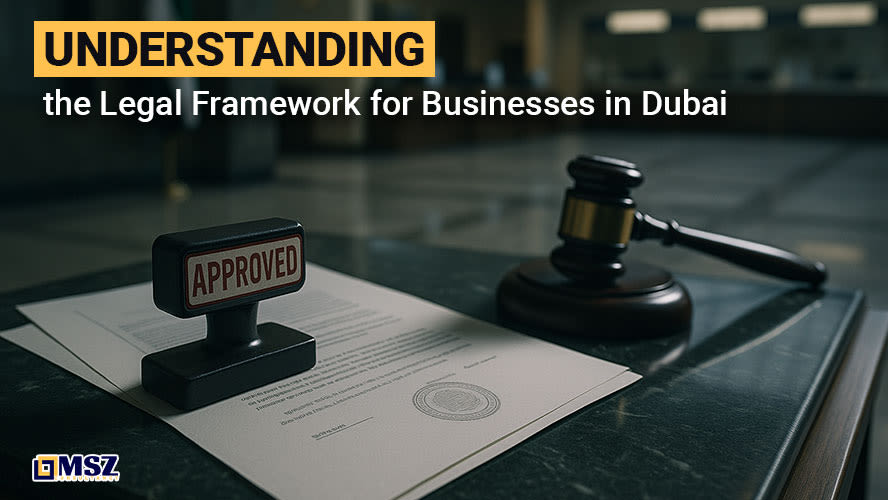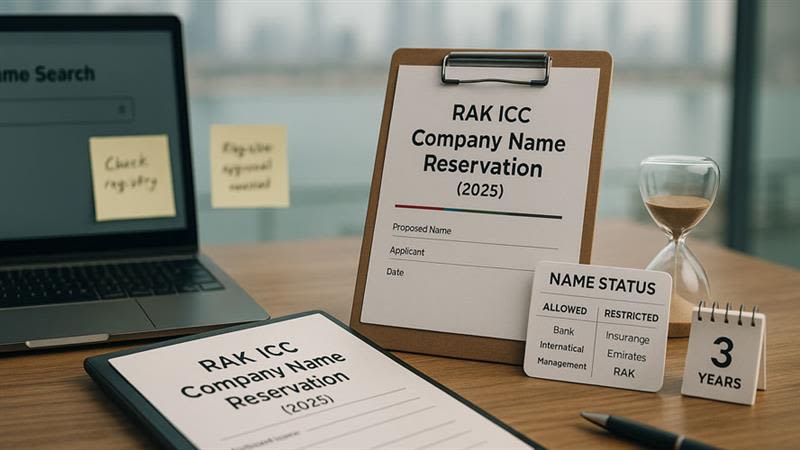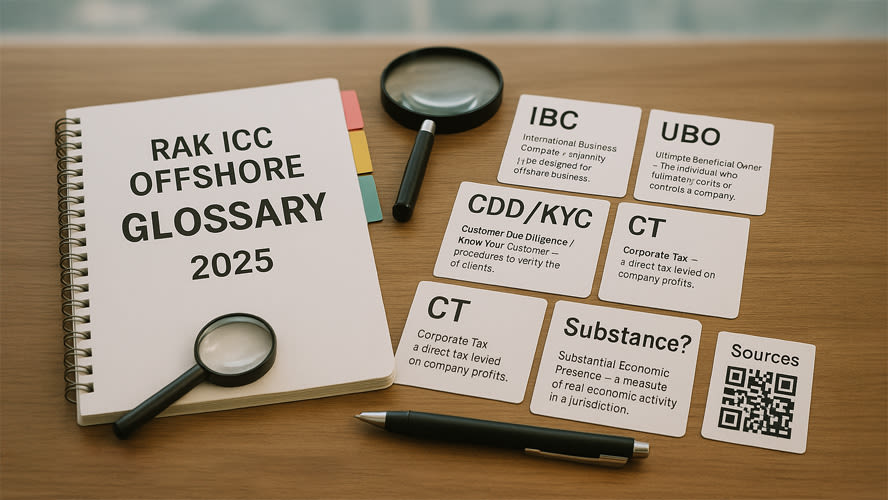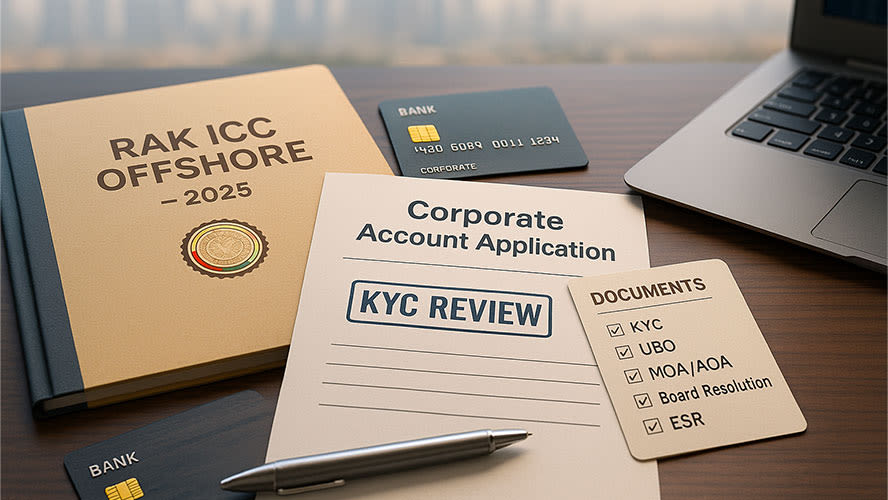
What makes Dubai a global hub for businesses? Wondering if you could scale too? Looking for a market entry in Dubai? The truth is, business here is easy for those who embrace compliance. There is a 100% chance that anyone who has thought of establishing a business in Dubai can flourish in its tax-efficient and business-friendly infrastructure.
This global hub attracts world-changers with its rapid development, ideal location, and incredibly supportive business environment. While this journey can be exciting, lasting success starts with a solid legal foundation. In this guide, we will cut through the complexity and give you the clarity and details you need for a seamless setup.
1. Recognize the Legal Environment
Dubai has a varied diversity of laws, regulations (federal and emirate), and legal systems relying on civil laws, Sharia, and customs law. One of the more significant laws is the UAE Commercial Companies Law (CCL / Federal Law No. 2 of 2015). This law impacts businesses operating in Dubai, but is also relevant for company formation, how a company can exit, and eventually for winding-up or liquidation.
2. The Type of Business
Dubai has three main jurisdictions for conducting business: Mainland, Freezone, and Offshore. Understanding what each of these entails requires careful consideration of your intended purpose for your business, what your market is, and what ownership structure you want to fall under the legal structure.
- Mainland: A business activity registered with the Department of Economy & Tourism (DET), may conduct business anywhere in the United Arab Emirates.
- Free Zone: A common purpose location which provides a hosting benefits such as 100% foreign ownership, tax incentives, and shorter processes.
- Offshore: Best for international business and asset protection. It offers tax optimization and privacy but doesn’t allow trade within the UAE local market.
3. Getting a Business License
All businesses need a trade license to operate legally, issued by the relevant authority:
- DET: For mainland business setups.
- Director of Free Zone Authorities: For companies in free zones.
The licensing process includes choosing your license type (Commercial, Professional, Industrial, or Tourism); submitting to the relevant authorities your paperwork, and (if applicable) paying the fees. Depending on the type of business, the business license can cost between AED 10K and AED 20K including the application fee.
4. Employment & Labour Laws in Dubai
Labour laws are important to protect workers' rights and ensure the employer runs the business effectively. The UAE Federal Labour Law makes them. What does the law say:
- Employment Contracts
Each employment contract must outline the conditions and terms of the contract in writing. - Working Hours and Leaves
The standard work week in Dubai is 48 hours (for five days), and employees are entitled to annual leaves, sick leaves & paid holidays.
Termination Benefits
Employees are entitled to gratuity payments depending on the duration of service.
5. Taxation and Financial Regulation
Dubai has a welcoming tax regime:
- Corporate Tax
Introduced in June 2023 with a standard rate of 9% on profits greater than AED 375,000. - Value-Added Tax (VAT)
Value-Added Tax (VAT) The standard rate for most goods and services is 5% with businesses having an annual turnover over AED 375,000 required to register for VAT. - Excise Tax
Imposed on specific goods like tobacco and sugary beverages to promote public health.
6. Intellectual Property Rights Protection
In today’s digital landscape, the need for intellectual property rights has increased. UAE’s legal framework for intellectual property protection is aligned with international standards, with detailed mechanisms for protection of IP rights (IPR):
- Trademarks
The cornerstone of the Dubai Legal Framework is that trademarks are registered with the UAE Ministry of Economy, thereby protecting the entire UAE, and are renewable every 10 years. - Patents & Copyrights
Protection under the law, along with a set of securable measures to protect against the IPR law infringements. These are renewable every 20 years.
7. Real Estate and Property Laws
The Dubai real estate sector has regulation and supervision from:
- Dubai Land Department (DLD): Responsible for governing the legality of all transactions and registrations of the property.
- Real Estate Regulatory Agency (RERA): RRegulates the development of real estate projects and ensures compliance.
Recent reforms further allow companies in designated free zones to purchase and own property in Dubai. Increasing investment opportunities.
8. Dispute Resolution and Legal Remedies
In Dubai, there are many channels for dispute resolution, including:
- Dubai Courts: Civil and commercial disputes will be resolved.
- Dubai International Financial Centre Courts (DIFC Courts): The DIFC Courts themselves offer another option for businesses in the DIFC and operate with a common law foundation.
- Arbitration: This is commonly accepted as a way to resolve commercial disputes. There are institutions such as the DIFC-LCIA Arbitration Centre which provide arbitration Services.
Conclusion
Starting a business in Dubai can be easier if you have the right understanding of its legal framework and compliance.
By selecting the appropriate business form, obtaining the required licenses, adhering to applicable labor and tax laws, protecting intellectual property, and using the means of dispute resolution available, businesses can secure a significant advantage in a complex and vibrant market.
Ready to make the right choice? Book your free consultation or call +971 52 544 1248 now to get expert guidance on the Dubai legal framework for business setups!
Zubair Sultan Mohammed is a seasoned business consultant specializing in company formation and regulatory compliance in the UAE and Saudi Arabia. With over 15 years of experience, he has guided entrepreneurs, SMEs, and multinational firms through the complexities of regional business laws and market entry strategies. His deep understanding of local licensing, taxation, and free zone structures ensures clients make informed, strategic decisions. Zubair Sultan Mohammed regularly contributes insights on corporate setup, investment trends, and regional economic developments.






